‘Going troppo’: The most Aussie thing that happens in the NT
This time of year things get particularly crazy in the NT during and two words pefrectly sum up the territory madness.
Welcome to Ask Doctor Zac, a weekly column from news.com.au. This week Dr Zac Turner shares how to avoid going ‘troppo’ on a budget.
QUESTION: Hi Dr Zac, I live in Darwin, and it’s the time of year when it gets so hot people turn troppo! I always try to stay hydrated by using hydration tablets but they are so expensive these days. Do you know any cheap alternatives I can use to keep myself sane? – Will, 25, Darwin
ANSWER: For those readers who don’t know what Will is talking about – in Northern Australia there’s a term for when people turn crazy from the heat and humidity: going troppo. It’s a manifestation of a few symptoms like hysteria, stress and crankiness that comes from dehydration and tropical heat stress. It’s a real thing, and certainly one to avoid.
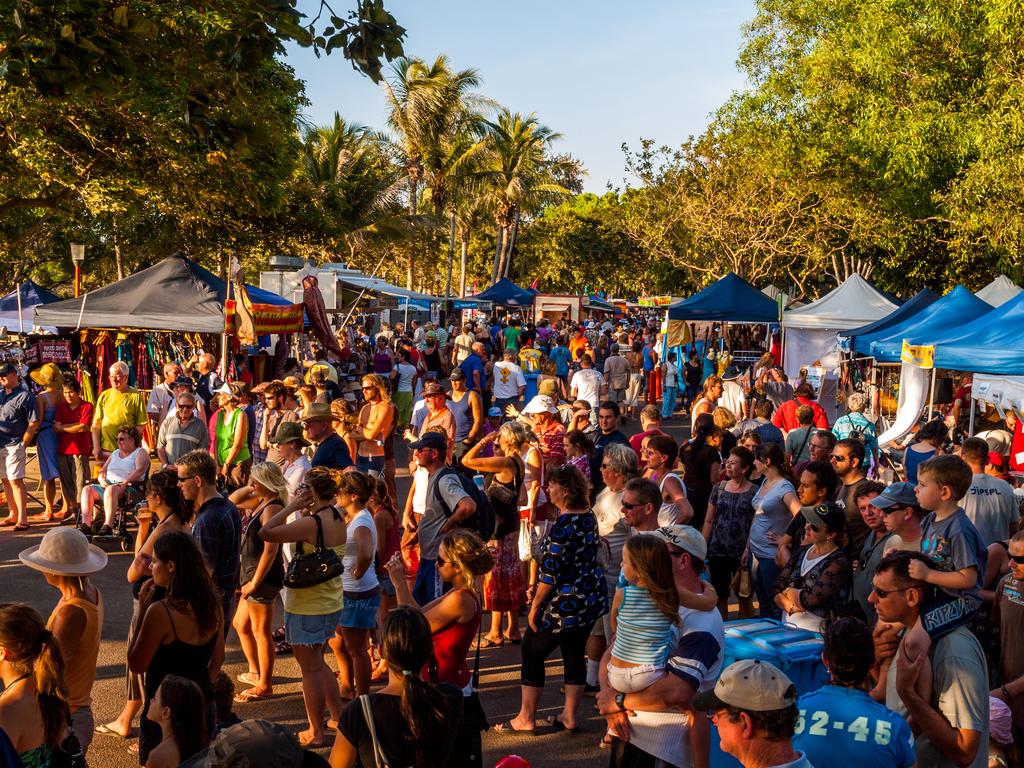
Athletes need to be especially careful to keep hydrated and their electrolytes balanced. Just like a car engine can explode if there’s not enough coolant, our muscles can literally melt – a condition called rhabdomyolysis. There certainly are cheaper alternatives to hydration tablets, but first let’s look into why humans need water to survive.
Water is vital for many body functions. About half our blood is “blood plasma”, which is over 90 per cent water. Blood plasma is essential for carrying energy, nutrients and oxygen to the cells in the body that need it most. Water helps to remove waste products via the kidneys. It also helps to keep joints lubricated, the digestive system functioning, the body’s temperature controlled and skin plump and strong.
There are also these things called principal electrolytes: sodium, potassium, calcium, phosphorus, bicarbonate and chloride. These are minerals that conduct an electrical charge when mixed with water, hence the name electrolytes. They help regulate a variety of your body’s most essential functions including nerve signalling, pH balance, muscle contraction and hydration.
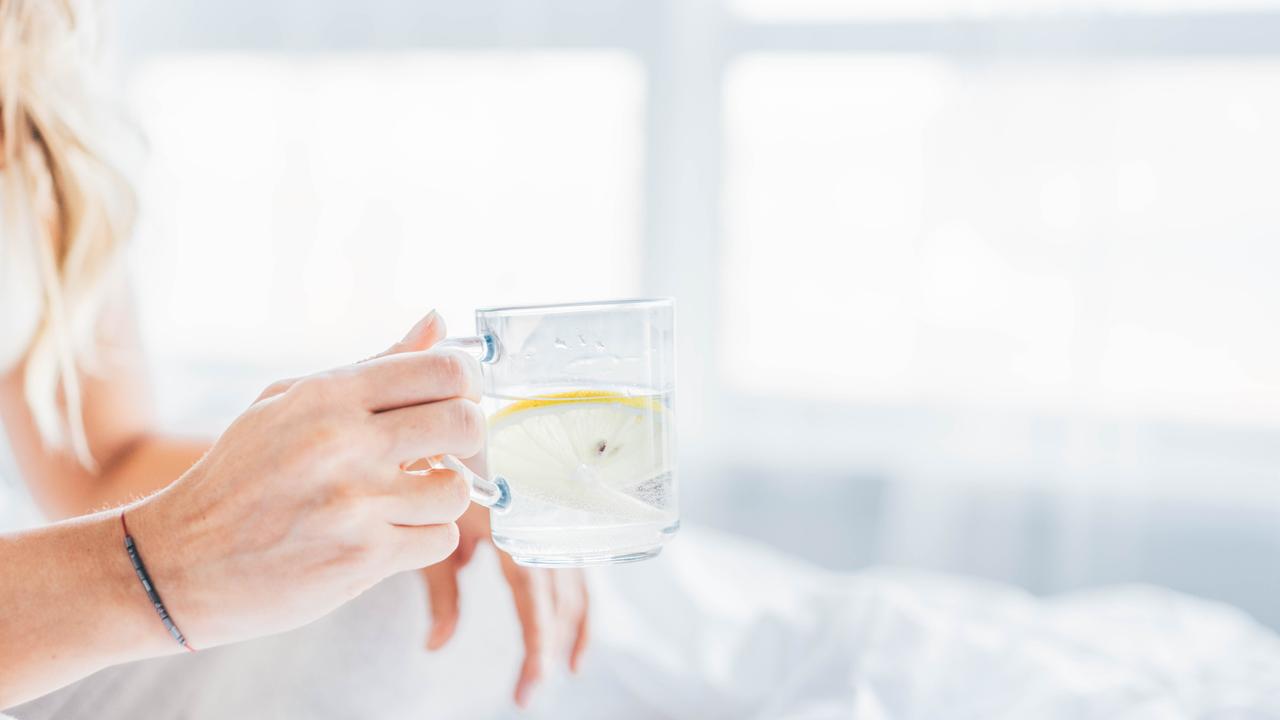
The concentration of electrolytes in your blood and other bodily fluids is maintained within a very tight range. If your electrolyte levels become too high or too low, serious health complications can arise. You lose electrolytes through sweat and urine, which is why you need to replenish more when exercising or living in hotter climates like Darwin.
Fluid requirements are related to metabolic needs and vary from person to person. The normal turnover of water in adults is approximately four per cent of total body weight per day. So, for example, if you weigh 70kg, you’ll lose about two-and-a-half to three litres of water a day (not including sweating). This means you will need to consume that amount of water from food and drinks to maintain your hydration.
People tend to go overboard on the hydration tablets and spend hundreds of dollars on them every year. I actually believe they are just sugar tablets and are the same as drinking salty soft drinks. I would recommend opting for natural, cheaper alternatives.
This is my cheap fix – I have a one-litre bottle full of water, and to that I add a pinch of salt and a squeeze of lime or lemon. I then drink that over the next few hours. Simple and effective!
Here is a list of my other favourites:
• Coconut water is naturally low in calories and sugar yet rich in electrolytes like potassium and magnesium
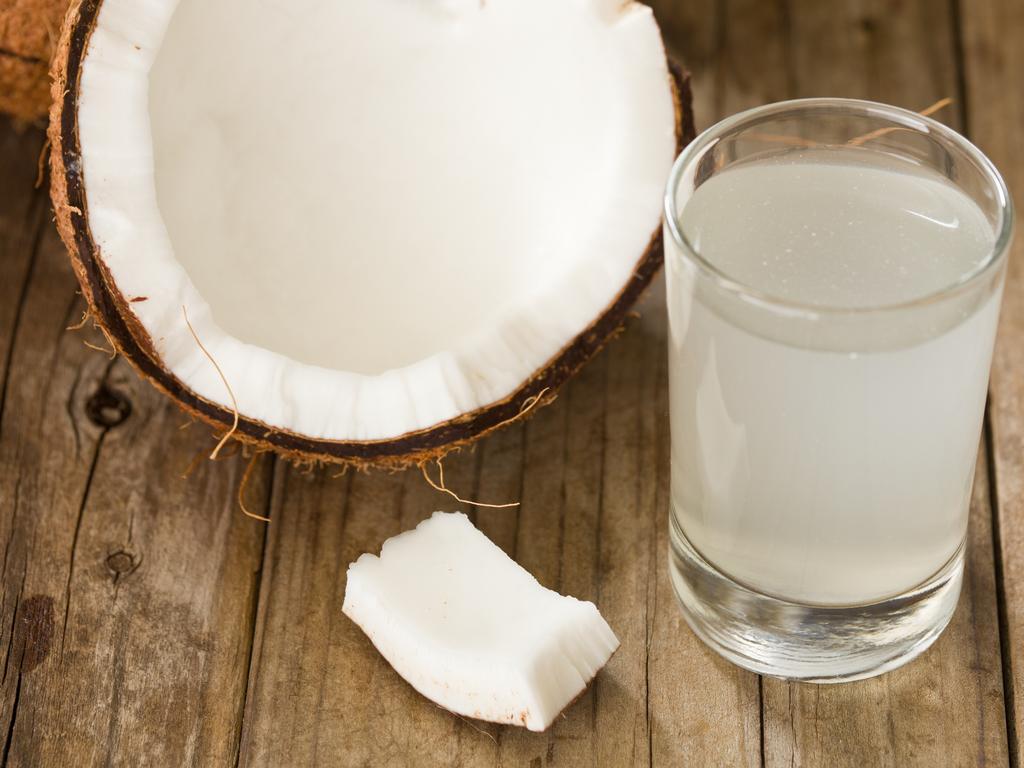
• Watermelon and other fruit juices contain several electrolytes but are typically low in sodium and high in sugar
• Frozen fruit like pineapple or berries are a great cold snack that can replenish electrolytes
• Smoothies allow you to obtain electrolytes from blended, whole foods like fruits, vegetables, and dairy products. They’re a great pre- or post-workout recovery beverage
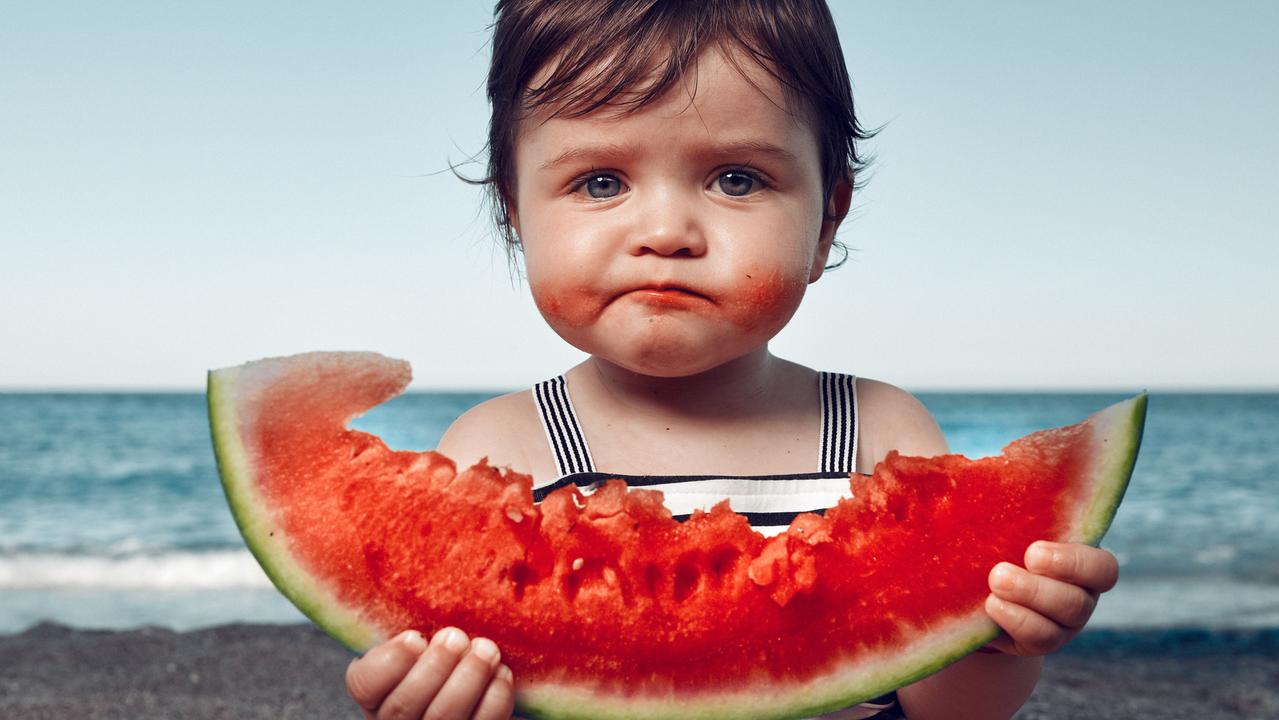
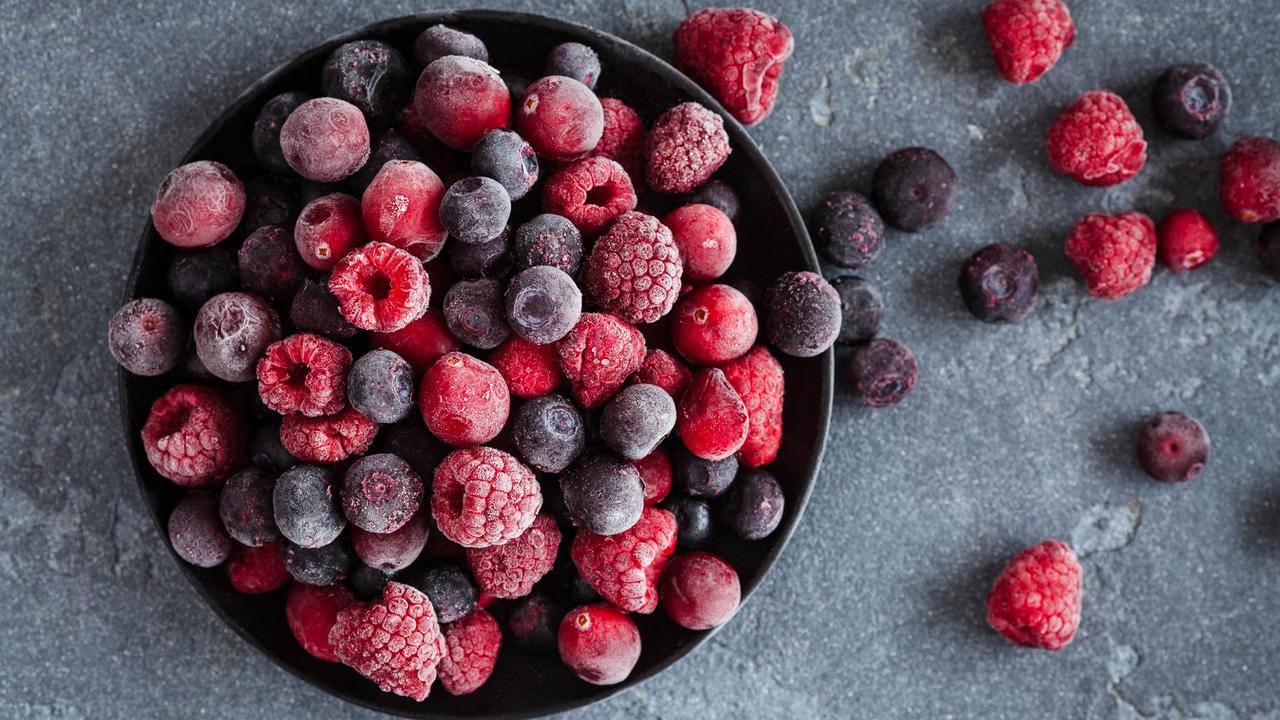
For people who struggle to drink enough water, as with any good habit, I recommend doing the most important things in your day first.
So, when you wake up in the morning have at least 500 mililitres of water (two big cups) before you go for that tea or coffee. If possible after this initial hit of hydration, for the next hour try to stick with tea or coffee without any additions. This includes milk and sugar as well as their alternatives. The morning should be spent getting rid of the toxins from the day and night before so you can start your day with all engines firing.
Now you can understand why I’m always harping on about water – it’s magic!
Got a question? Email askdrzac@conciergedoctors.com.au
Dr Zac Turner has a Bachelor of Medicine and Bachelor of Surgery from the University of Sydney. He is both a medical practitioner and a co-owner of telehealth service, Concierge Doctors. He was also a registered nurse and is a qualified and experienced biomedical scientist along with being a PhD Candidate in Biomedical Engineering.






